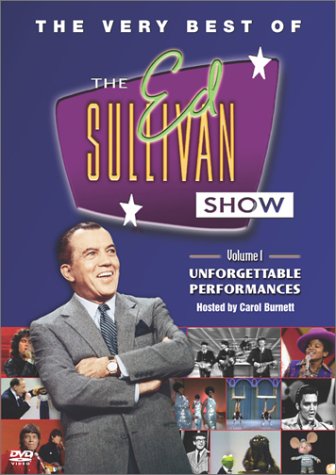After her family moved to California, she tested for studio executives at MGM. Now known as Judy Garland, she was signed to a contract at 13 years old. At 16, she landed the role she would always be identified with, that of Dorothy Gale in “The Wizard of Oz”. Throughout the 1940’s, she found steady work in the film industry, but always struggled with deep-seeded personal issues. Because she was not a conventional beauty, studio executives weren’t sure what to do with her. Judy’s weight did not help with her self-esteem, and she didn’t resist when she was prescribed methamphetamines by the studio. This was the beginning of her lifelong struggle with addiction problems. Insecurities, drugs and romantic troubles all led to a nervous breakdown in 1947.
But Judy fought back. In 1951, she began a successful concert tour in Europe. She played to sold-out audiences throughout England, Ireland and Scotland. For her 4-week stay at the renowned London Palladium, she received rave reviews and standing ovations. Judy would return to the Palladium for her first appearance on The Ed Sullivan Show.
On April 14th 1963, Ed Sullivan took his audience across the pond to London. During the show’s onstage open, he raved about going to a star-studded Judy Garland performance at the world-famous London Palladium. The Sullivan audience was then transported to London, where a pre-taped Garland lit up the stage. She sang an emotional rendition of Charlie Chaplin’s “Smile” and then a triumphant “I Could Go on Singing.” Garland’s only other appearance on the Sullivan show was on October 3rd 1965. In an elegant white dress, she commanded the audience’s attention with “Come Rain or Come Shine” and “Rock-a-bye Your Baby.”
Her appearances on The Ed Sullivan Show were triumphant, but Judy’s personal struggles and heartaches would soon take a toll on her. After a string of mishaps on her Australian tour and physical exhaustion, Garland died of an accidental (and gradual– having used barbiturates all her life) drug overdose in 1969. Only 47, she had touched many lives, and her films and recordings will live on


